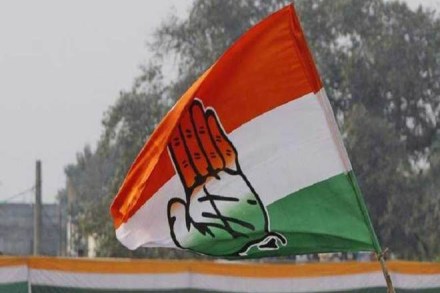Maharashtra Assembly Elections 2019: The Congress on Sunday released the first list of 51 candidates for the upcoming Maharashtra Legislative Assembly elections. Among the key candidates who have been felded are Vishwajeet Patangrao Kadam (Palus-Kadegaon), Amit Vilasrao Deshmukh (Latur City), Ashok Chavan (Boker), Nitin Raut (Nagpur North) and Pariniti Shinde (Solapur Central).
Maharashtra has 288 assembly seats for which the elections will be held on October 21 and results will be out on October. The Congress is contesting this election in alliance with Nationalist Congress Party headed by Sharad Pawar.
The Congress Central Election Committee announces the first list of candidates for the ensuing elections to the Legislative Assembly of Maharashtra pic.twitter.com/LUruU7UNWB
— Congress (@INCIndia) September 29, 2019
Both NCP and Congress have announced that they will be contesting on 125 seats each and rest 38 seats will be for other alliance partners. In the last assembly polls, both the parties had contested separately but they performed very badly. The Congress bagged 42 of 287 seats it contested whereas NCP could win just 41 of 278.
The Bharatiya Janata Party (BJP) had emerged as the single largest party by winning 122 of 260 seats it contested. Uddhav Thackeray-led Shiv Sena became the second-largest party by winning with 63 seats. The BJP and Shiv Sena will contest the upcoming polls together. However, they are yet to decide on the numbers of seats.
On Saturday, Shiv Sena chief Uddhav Thackeray said that talks with BJP chief Amit Shah on seat-sharing were progressing well and a final decision would be announced soon. Maharashtra CM Devendra Fadnavis is confident that he will come back as the chief minister for the second term.
However, the Congress is on backfoot as it has lost in the last few months several senior leaders who quit the party to join either BJP or Shiv Sena. There were also some differences among the top state leadership over the resignation of Urmila Matondkar. The NCP too has faced a string of defections in the poll-bound state.
